The impending US tariffs could deal a heavy blow to China’s already struggling economy, and experts say Beijing has plenty of tools to retaliate against Washington’s tariffs.
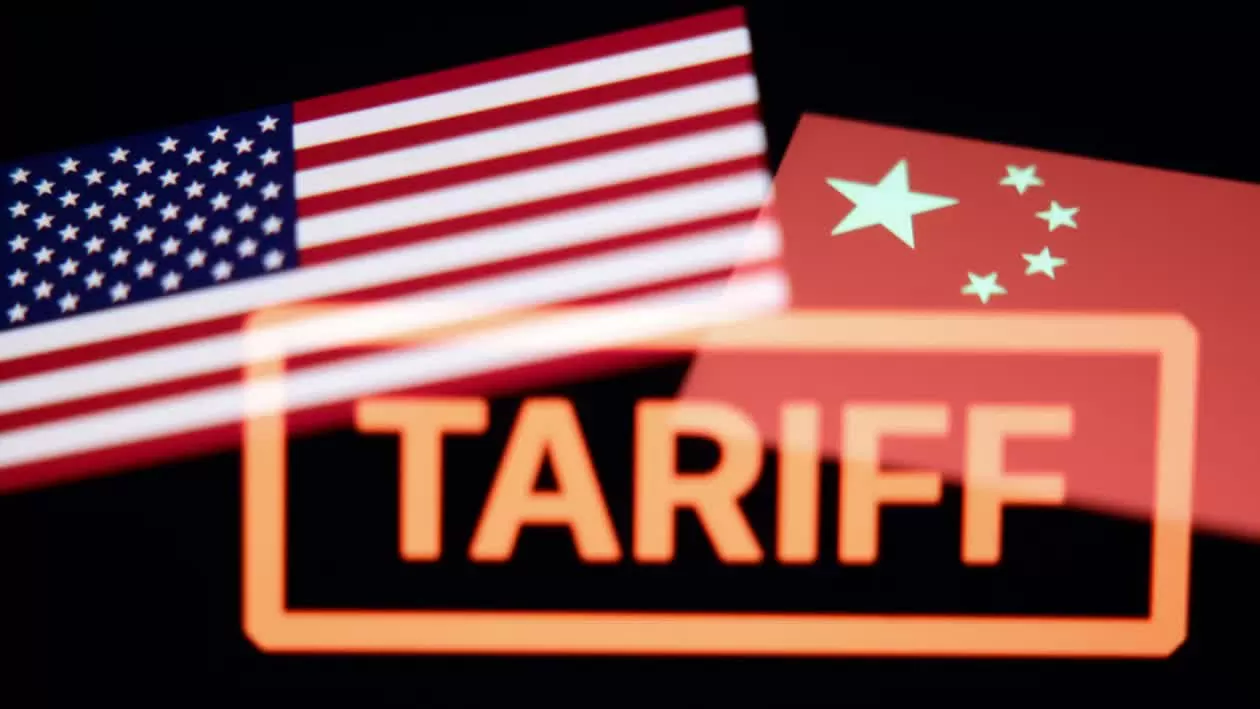 |
China's Ministry of Commerce said it would file a complaint with the WTO against the United States after Trump announced tariffs on Chinese goods. (Source: Getty Images) |
On February 1, US President Donald Trump ordered a 10% tariff on goods from China starting February 4 to address the national emergency of fentanyl and illegal immigrants entering the world's largest economy.
The overall 10% tariff would be in addition to the existing levies of up to 25% that Mr Trump imposed on Chinese goods during his first term as president.
Economists at Goldman Sachs say the additional 10% tariffs would shave 0.5% off China's real gross domestic product (GDP) growth this year.
The bank expects real GDP growth in the world's second-largest economy to come in at 4.5% this year, as domestic price growth remains under pressure from weak demand and consumer inflation is expected to rise just 0.4% in 2025.
Waiting for reaction from the Yuan
The yuan will be affected by the tariff decision. Markets in mainland China are closed for the Lunar New Year and will resume trading on February 5.
The yuan's exchange rate on February 5 will be an important indicator to gauge Beijing's response to the tariff hike, said Ding Shuang, chief economist for Greater China and North Asia at Standard Chartered Bank.
“We expect China to rely mainly on stimulus measures to boost domestic demand, rather than a sharp devaluation of the renminbi to offset the impact of tariffs,” he added.
Since last year, the People's Bank of China has capped the exchange rate at below 7.20 to the dollar - a move seen as a signal of its determination to defend the currency.
Goldman Sachs said that as tariffs increase, the People's Bank of China (PBOC) may allow the onshore yuan to gradually rise to between 7.40 and 7.50 against the dollar. At the same time, it will prioritize stabilizing the exchange rate before easing monetary policy.
Expectations of more expansionary fiscal policy
Barclays, a financial services company, said in a note that the country had successfully "dodged" the impact of high tariffs during Mr. Trump's first term as president, but this time is different.
Against this backdrop, economists expect fiscal spending to rise to offset China's deflationary pressures and boost consumer spending.
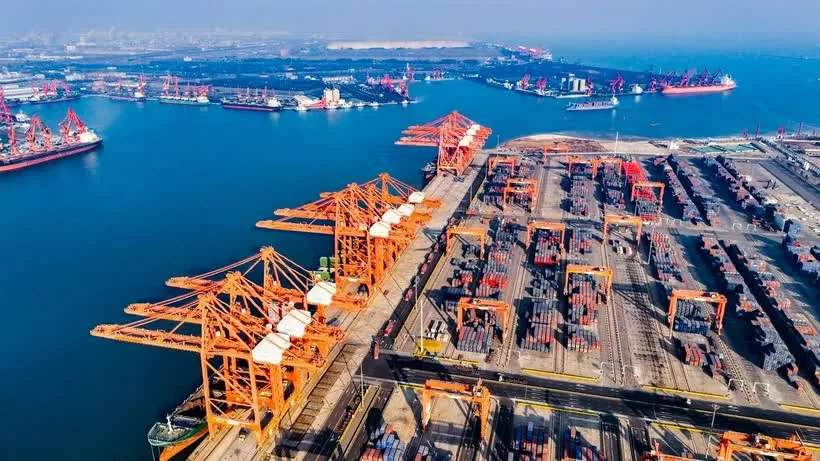 |
| View of a cargo port in Hebei Province, China. (Source: Xinhua) |
Meanwhile, exports have become the main growth driver of the economy. In fact, data from the World Bank (WB) shows that in 2023, exports contributed nearly 20% of the country's GDP.
In 2024, China's exports to the US will increase by 4.9% to $524.6 billion, accounting for nearly 15% of the country's total exports. Beijing's trade surplus with Washington will reach more than $360 billion in 2024, up from $336 billion in 2023.
Since Beijing rolled out a series of stimulus measures late last year, including interest rate cuts and a five-year fiscal package worth a total of 10 trillion yuan ($1.4 trillion), economic activity in some sectors has stabilized.
This year, the government has pledged to prioritize boosting consumption.
Markets are watching Beijing’s next policy moves as trade tensions with the world’s largest economy are expected to intensify. The country’s top leadership is expected to announce further stimulus measures and set an annual GDP growth target at its annual parliamentary meetings in March.
Goldman Sachs economists expect policymakers to announce more expansionary fiscal policies.
China's response
On February 2, China's Ministry of Commerce announced that it would file a lawsuit against the United States at the World Trade Organization (WTO). The ministry said that the US's imposition of tariffs "seriously violated" WTO regulations, and called on Washington to "engage in frank dialogue and strengthen cooperation."
Beijing’s response so far appears “mild,” said Lynn Song, chief economist at ING Bank.
However, this expert affirmed: "If 'backed into a corner', China's retaliation could be stronger than many people expect. Beijing has many tools to respond, including strengthening export controls or banning rare earths or measures targeting US corporations that rely heavily on the Chinese market."
Source: https://baoquocte.vn/kho-ne-tac-dong-thue-quan-tu-my-trung-quoc-co-the-tra-dua-manh-hon-du-doan-neu-bi-don-vao-chan-tuong-303065.html






















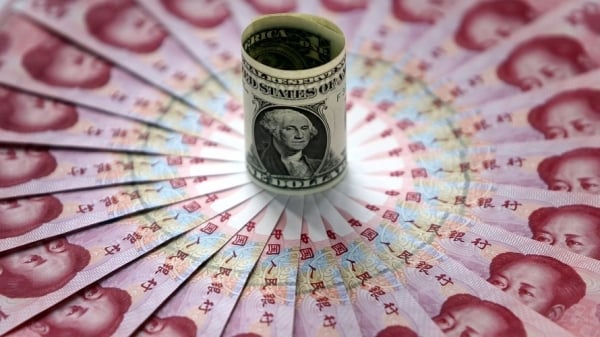

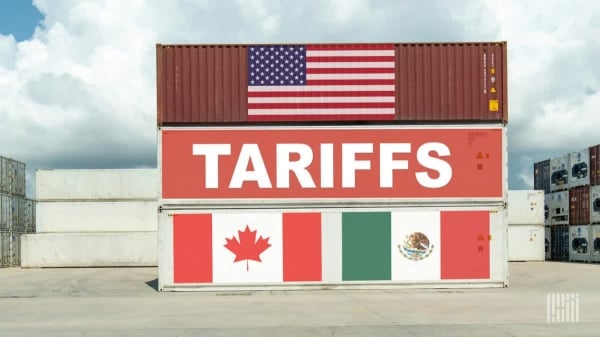

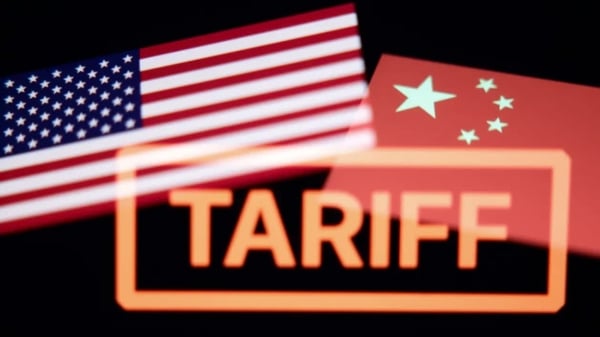

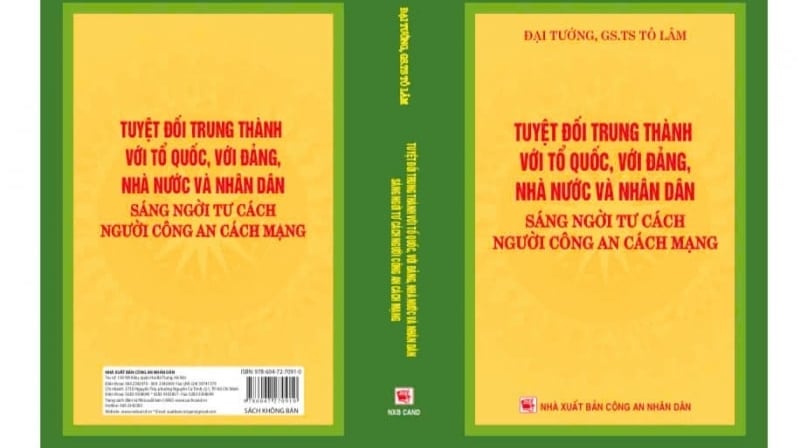
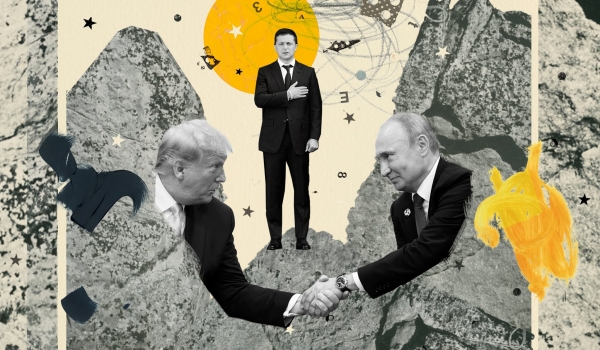
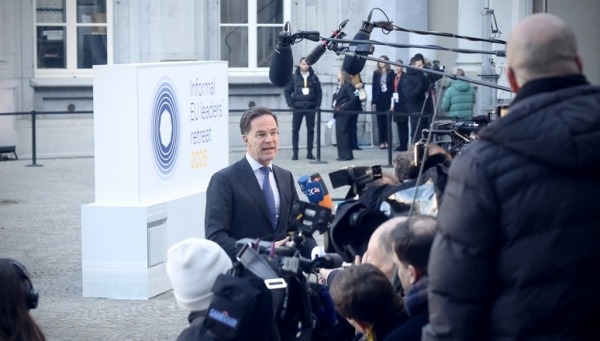
















Comment (0)